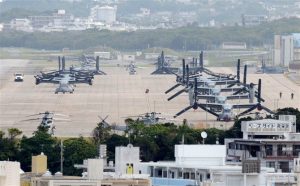※Translated with Notion AI. (Plus version)
The Ishiba Cabinet begins with a historic stock market drop.
However, the decline of over 1,900 yen in stock prices is not directly related to the assessment of the Ishiba administration.
There’s no need to be overly concerned about the stock market decline.
We shouldn’t be overly sensitive to stock market movements.
Since 2000, stock prices have tended to fall rather than rise after ruling party leadership elections.
While this drop is the largest since Naoto Kan took office in 2010, it’s common for stock prices to fall after a new party leader takes office in recent years.
This time is no different, and it doesn’t signify a vote of no confidence in Prime Minister Ishiba.
On social media, former bureaucrats and self-proclaimed political journalists keep criticizing Ishiba, but their statements are merely shallow attacks to gain page views.
Listening to these stories is a waste of valuable time.
Here, I’d like to discuss important points we should understand at this moment.

Prime Minister Ishiba’s proposed “revision of the U.S.-Japan Security Treaty and Status of Forces Agreement” has not gained active support even within the Liberal Democratic Party.
Amid an unstable coalition with Komeito, it seems he has chosen the “path of challenge” himself.
Nevertheless, Prime Minister Ishiba’s convictions remain unwavering, and there’s a good chance he could become a great statesman capable of building a new U.S.-Japan relationship.
The Ishiba administration may have a greater impact on Japan’s financial economy than ever before, and we need to closely monitor future developments.
When we asked a sage trusted by Seren, he said that Prime Minister Ishiba’s [balance between conservative support and the United States] is a point of concern and an important issue we should understand.
The sage’s comments are as follows.







